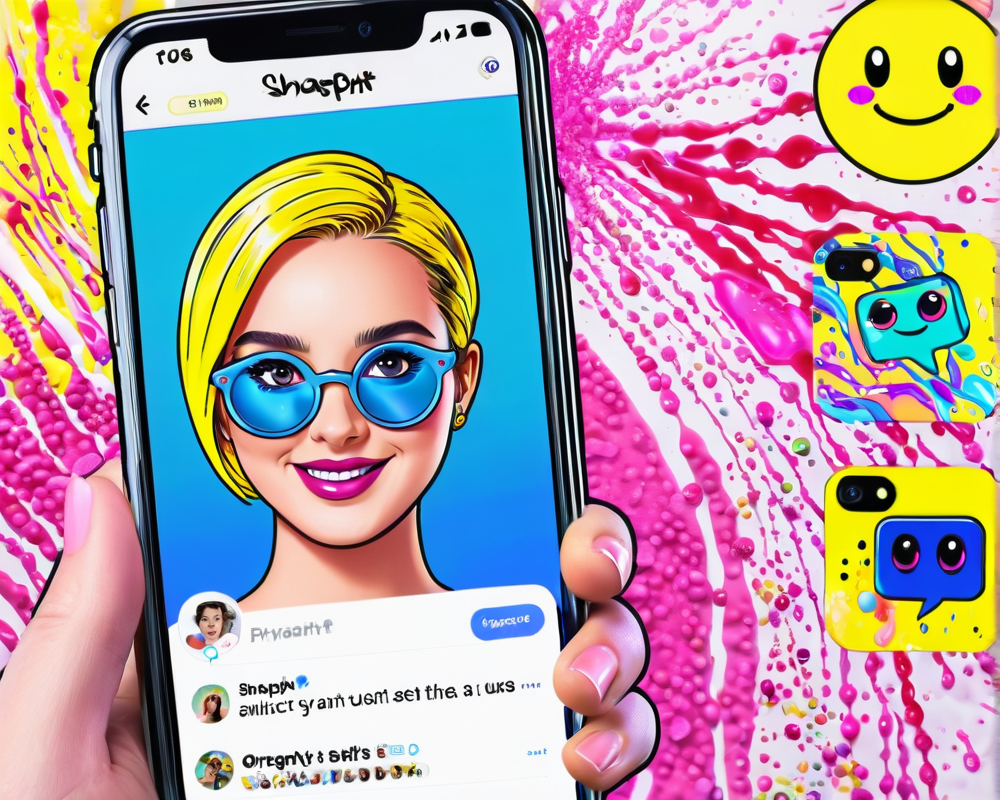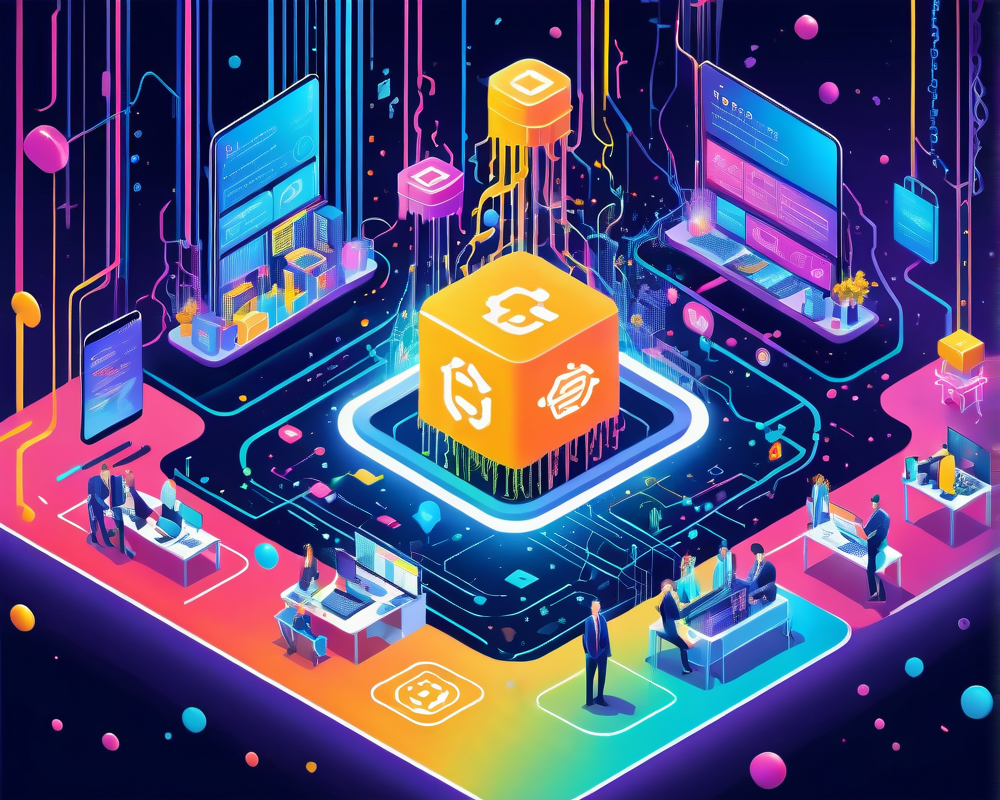Snapchat’s Dilemma: Privacy vs. Innovation
In an era where social media platforms are racing towards AI innovations, Snapchat finds itself in hot water over its chatbot, My AI. The U.K. Information Commissioner’s Office (ICO) recently issued a preliminary enforcement notice that has the potential to shake things up for the company. Because who doesn’t love a little regulatory drama?
The Warning from the ICO
On October 6, the ICO put Snapchat’s parent companies, Snap Inc. and Snap Group, on notice for failing to adequately assess the privacy risks associated with My AI. You could say the ICO is the strict teacher in the room, wagging its finger and saying, “Did you even read the privacy manual?”
What’s the Big Deal?
According to the ICO, the risks to millions of My AI users—including children as young as 13—were not sufficiently identified before the chatbot’s debut. John Edwards, the U.K.’s Information Commissioner, stated, “Organizations must consider the risks associated with AI, alongside the benefits.” In other words, risk assessment is not just a suggestion, folks!
Consequences Ahead
If this preliminary notice escalates to a full-blown enforcement action, Snapchat could find itself hitting the brakes on data processing for My AI in the U.K. Talk about a blow to customer satisfaction; no one wants to mark their conversations with a chatbot “well, this could have been better.”
A Brief History of My AI
My AI made its first appearance for Snapchat+ users back in February 2023, widening its reach in April 2023. Bucking the trend, this chatbot is powered by OpenAI’s GPT-4 technology, marking it as a groundbreaking integration of generative AI into a major messaging platform in the U.K.—and with great power comes great responsibility, right?
Snap’s Response
“We will continue to work constructively with the ICO to ensure they’re comfortable with our risk assessment procedures.” – Snap Spokesperson
Snap’s team is now on high alert, assuring the public that they’ve been conducting a thorough legal and privacy review of My AI. But let’s be real—every tech company claims to be




